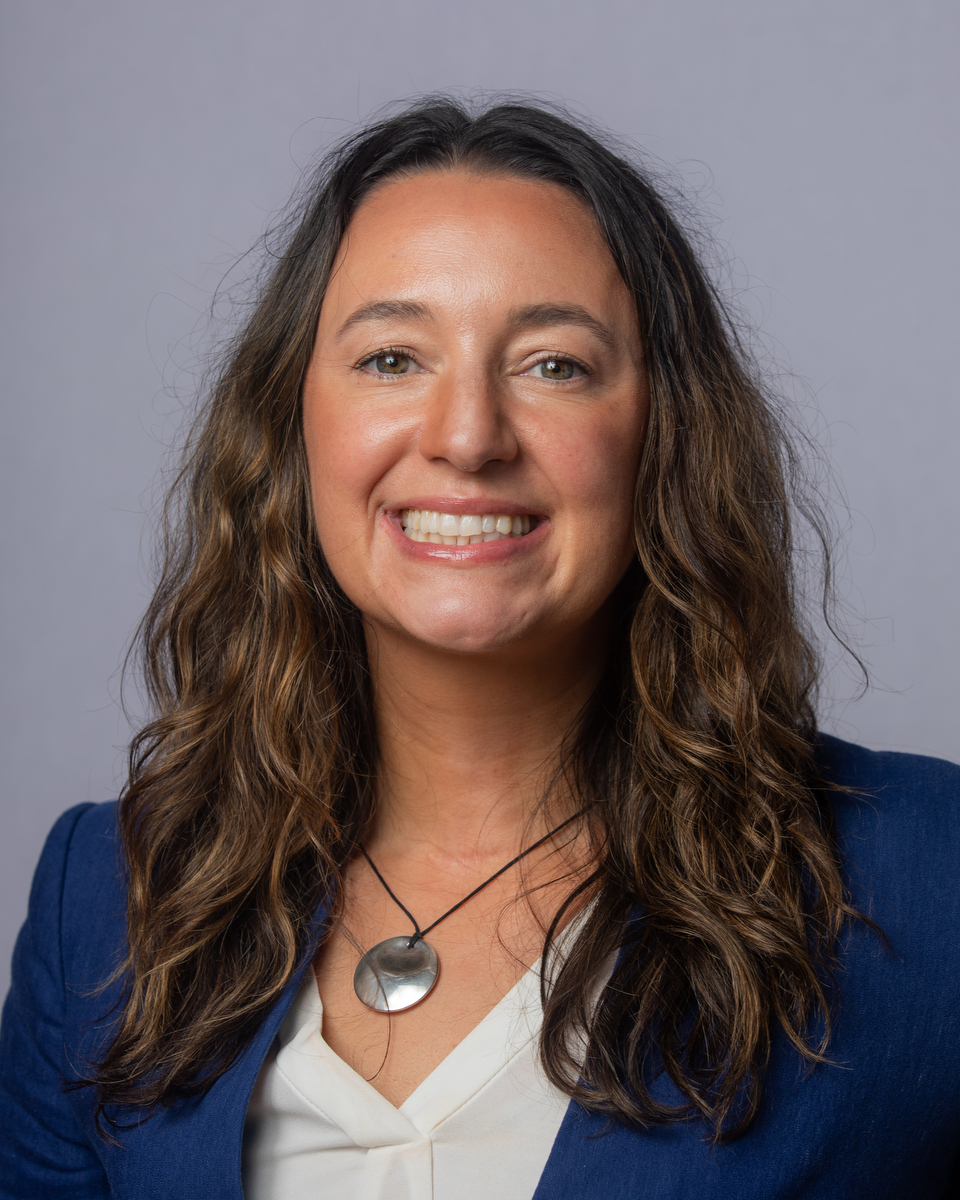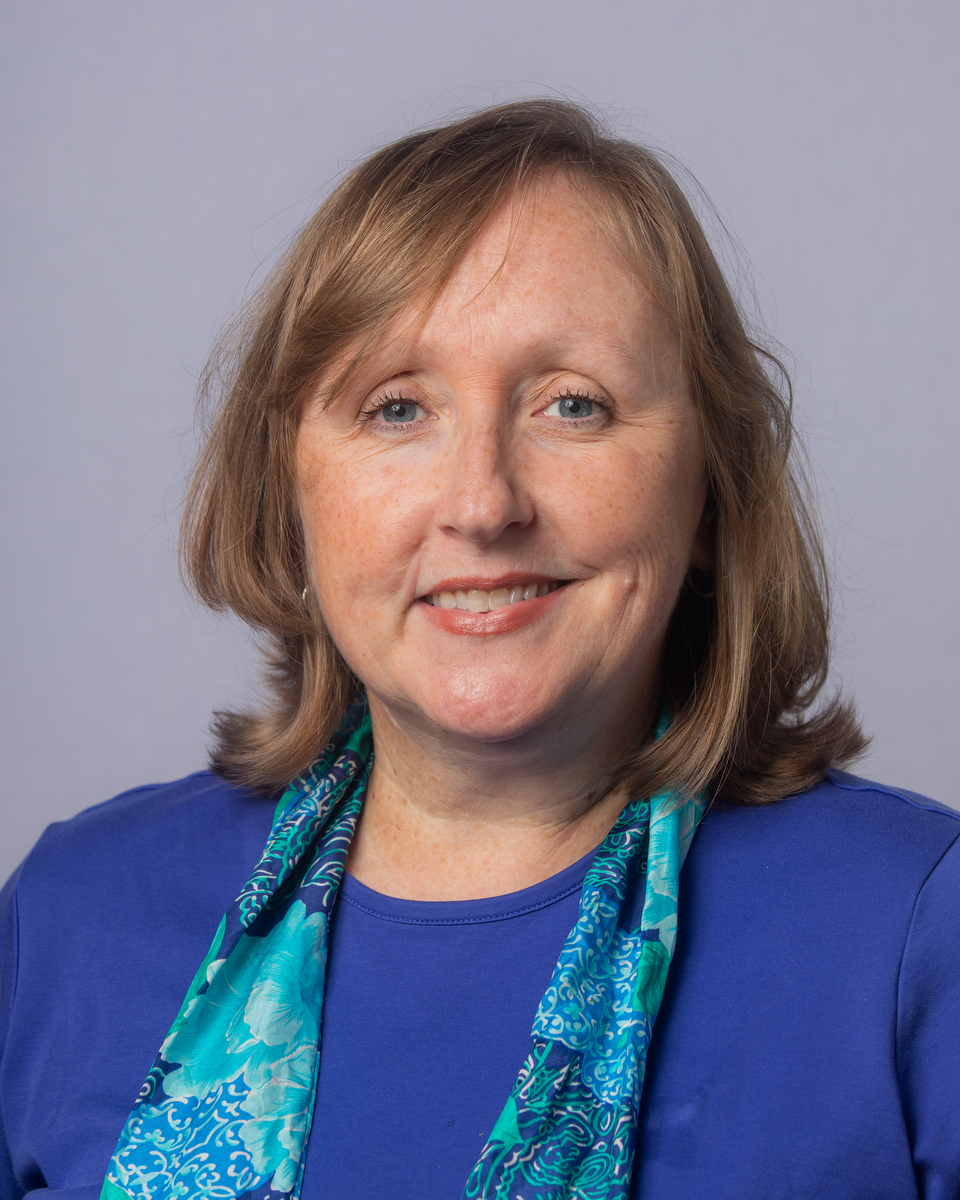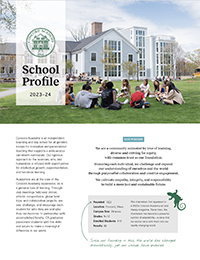
College Counseling
At CA, we believe that an ideal college application process is marked by balance, careful planning, and reduced stress, as well as satisfying results. Concord Academy graduates matriculate at a wide variety of schools representing some of the most selective institutions in the country and abroad; they include liberal arts colleges, major research institutions, and art and music conservatories.
Recent College Matriculation
Concord Academy graduates attend some of the finest colleges and universities in the United States. One hundred percent of CA graduates attend four-year institutions either directly after graduating or after an interim-year experience.
The College Counseling Office prepares an annual profile for colleges and universities to contextualize a CA degree. The included list of college matriculation 2019–2023 indicates first-year matriculation and does not reflect college transfers. Download the PDF below.
Frequently Asked Questions about College Counseling
When does the college process officially begin?
Periodically during class meetings, college counselors address underclass students; 10th graders and juniors take the PSAT in the fall. The formal college counseling process begins in January of junior year with a kick-off workshop designed for juniors and parents. The workshop features an address by a college admissions dean as well as a panel of current CA seniors. After this event, juniors begin meeting one-on-one with a member of the College Counseling Office for individualized college counseling.
My student is a 9th/10th grader. What should my child be doing now to prepare for the college process?
Cultivating a love of learning and working hard in the classroom are the two most important things CA students can do in order to prepare for the college process. Also, younger students should continue to enjoy CA’s community and cocurricular offerings, such as athletics, arts, and community service. Students should also establish strong relationships with teachers, advisors, and coaches. Seeking academic and extracurricular passions, challenges in the classroom, and investment in the CA community ensures a strong foundation for the future.
In October of the 10th grade year, students take the PSAT as practice for the SAT Reasoning Test during junior year. Information regarding standardized testing is sent in September to all 10th graders, juniors, and their parents/guardians.
I’ve heard media reports that it’s harder than ever to get into a good college or university. Is that true?
The international branding of U.S. colleges, a loss of regionalism, and the availability of access to information about higher education have all contributed to rising numbers of applications, and thus, greater selectivity at many colleges. That being said, with more than 3,500 colleges in the U.S., every student who carefully does his or her research can expect to attend a college that is a good fit for his or her interests and abilities.
CA students benefit from individual attention from teachers, advisors, and college counselors, as well as a community that fosters love of learning and appreciation for personal narrative. Decrying the difficulty of gaining admission to a “top-tier” college sells plenty of magazines and newspapers, yet CA students remain pleased with their college choices at the end of the process, and they go on to enjoy strong collegiate careers.
How should courses be selected, and how important is my GPA?
CA students are excited by learning and thus select classes which genuinely interest them. Yes, final grades matter, but admissions counselors are also interested in the story behind these grades, and appreciate the authentic and individual paths CA students chart through the school. Advisors and college counselors therefore urge each student to pursue courses from a rigor perspective, and courses that will challenge each student to be at his or her best. Student should communicate regularly with academic advisors to ensure the most appropriate placement within each academic discipline. When evaluating students’ applications, admissions counselors value a demanding academic program while also considering a student’s background, abilities, and extracurricular commitments.
When will my child take the PSAT, and how are the scores evaluated?
Sophomores and juniors are required to take the PSAT in October. Taking the PSAT for practice eases students into the college process with greater understanding and preparation. The PSAT Score Report offers students the opportunity to identify their proficiency levels in verbal reasoning, writing and math problem-solving skills; thus, students can work to improve skills before taking the SAT. PSAT scores from junior year may qualify a handful of CA students for entry into the National Merit Scholarship Competition (an honor, for certain, but one that isn’t necessarily distinctive to top colleges). PSAT scores are never seen by colleges. Concord Academy does not recommend students formally prep for the PSAT, as the PSAT is, in itself, a practice test.
When should my child take additional standardized tests? How does my child register for these tests?
The College Counseling Office sends letters regarding testing home to students and parents in the summers before junior and senior years. These letters provide students with the testing dates for the upcoming year, as well as tips for registering, which is done on-line at www.collegeboard.com.
Strong standardized test scores—SAT or ACT— can help students stand out in selective applicant pools. Our experience tells us that students perform best on these tests when they are taken during junior and senior years. We encourage students to take the SAT I once in either January or March of junior year, and again, if necessary, in October or November of senior year. Tests may be re-taken in December of senior year, though December scores are not likely to be considered for an Early Decision or Early Action application.
The ACT may be used at many colleges as a substitute for the SAT’s. We encourage any student who feels his or her performance on the SAT does not reflect his or her abilities to take a practice ACT test and consider registering for the ACT. This can be done at act.org.
Should I take the TOEFL?
Students for whom English is a second language should also take the TOEFL (Test of English as a Foreign Language). Any student who is unsure whether taking the TOEFL is necessary or appropriate should consult the college counseling office. Information can also be found at ets.org.
How should my child prepare for the SAT and ACT? Does Concord Academy offer tutoring for standardized tests?
There are numerous resources available to students as they prepare for standardized tests, and we strongly encourage students to develop a plan for test prep and practice.
For the self-starting student, getting a prep book such as The Official SAT Study Guide (published by the College Board) and taking practice tests can be an excellent way to prepare. Two great, free, online resources are number2.com and collegeboard.com.
If you think a course or individual tutoring might benefit your student, and if your student is willing to devote time to extra study, formal prep might be worthwhile. Courses vary widely in quality, and tutors each have different strengths and approaches, so we suggest researching several local individuals and/or firms and then selecting the one which best fits your student’s style and needs. Some things to consider are: flexibility and convenience of meeting days and times, distance from your home, a class vs. individual instruction, and cost.
We recommend taking such courses during the summer break, as your student’s academic work should take top priority when school is in session.
In addition, the College Counseling Office normally offers an SAT prep class on campus each fall. Information will be sent home once dates are finalized. These classes are geared toward juniors, preparing them for testing in the second semester.
How important are AP exams? How many AP exams should students take?
Colleges do not expect our students to take AP exams because Concord Academy does not offer AP classes. The AP curriculum is specified and standardized by the College Board, while CA’s curriculum is flexible, varied and invites in-depth investigation, hands-on learning and applied thinking. That being said, many CA students conclude CA courses prepared to take an AP exam or two. Students should speak with their teachers to determine exam readiness before registering for the AP’s. We strongly discourage students from taking AP exams if extensive preparation will be required; students are better served by focusing on their academic coursework and earning strong grades.
We do, however, encourage students to take AP exams if they are even considering applying to overseas universities (e.g., Oxford, Cambridge, University College of London), as these schools often require qualifying scores on three or more AP exams.
How do Concord Academy and the College Counseling Office support students with learning differences?
Students with a diagnosed learning difference may qualify for a testing accommodation (i.e., extended time, large-print test booklet) on the PSAT, SAT, AP, and/or ACT exams. Please note that decisions to grant accommodations, or not, is made by the College Board or ACT Program, not by Concord Academy; the College Board’s guidelines can be viewed at collegeboard.com/ssd. Generally speaking, students must receive extended time on in-school assignments prior to applying for extended time on standardized tests. Students or parents who wish to investigate extended time on standardized tests should contact the registrar, Sue Sauer.
A student’s learning difference is not disclosed to colleges during the application process. In some cases, however, it may be in the student’s best interest to share this information with schools. For example, if, prior to diagnosis, the condition resulted in lower-than-expected grades, putting these marks in context can be helpful. This decision warrants a conversation with the student’s college counselor.
How can students best utilize summer? What about academic summer programs?
How students spend their summers depends on many factors. While independent reading should constitute a part of every CA students’ summer, other plans are quite varied. Some students thrive on year-round challenge and gain energy from summer educational experiences. Others need time with family and friends to rejuvenate and prepare for the coming year. Still others must work to help pay for daily expenses. If the student finds meaning in a summer experience — regardless of the activity — then colleges are likely to value it, as well. Keep in mind, however, that community service is only noteworthy to colleges if it is pursued with passion, rather than to pad a resume, and “purchased” opportunities do not impress admissions counselors unless they are related to a larger theme a student has pursued during high school.
What if my child has been involved in a discipline case? Will this infraction be reported to colleges?
Increasingly, colleges are asking questions of both students and college counselors about disciplinary infractions. In many cases, students are required by colleges to disclose disciplinary events. The goal of the college counseling office is to insure that students adhere to each school’s reporting requirements while fully supporting the student’s applications. For more information on required reporting, please refer to Concord Academy’s Student Handbook.
Where have past Concord Academy graduates gone to college?
The goal of the college counseling process is to help students choose schools appropriate to their interests, where they can build upon the educational foundation of their years at Concord Academy. The stories behind the matriculation at Concord Academy speak so much more loudly than the list itself. CA graduates attend a wide array of selective colleges and universities; for a snapshot of where students have attended, please refer to the Five Year Matriculation List.
What about athletes? When will the athletic recruiting process begin? What should be expected?
It is a good idea for student-athletes to speak with their CA coaches in the spring of junior year to discern their athletic prowess and potential for college play. The next step is for students to contact coaches at the colleges in which they are interested. This contact should continue into the senior fall; students should be sure to keep their college counselor up-to-date if they are being actively recruited. Do keep in mind, however, that students sometimes have their hopes raised by coaches only to find out in the end that they are not one of a coach’s top picks. It all comes down to how much a coach wants a particular student-athlete and what kind of relationship the coach has with the admissions office. If a coach tells a student that they are “on the list,” remember that it might be a very long list.
According to the National Collegiate Athletic Association, or NCAA, a student becomes a “prospective student-athlete” at the start of ninth grade. A student becomes a “recruited prospective student-athlete” if any coach or representative of a college’s athletics department approaches him/her (or your family) about enrolling and participating in athletics at that college. The NCAA enforces very specific compliance guidelines and recruiting regulations for athletes and coaches. Please refer to the NCAA website, ncaa.org, for more information about recruitment and eligibility.
How does the college process differ for international students?
It is important to determine how each college defines an “international student,” whether through citizenship, country of residence or country of education. If a student is undocumented, or currently holds a student (F-1) visa, s/he will be considered an international student by most colleges. Many admissions offices have a designated international student recruiter who can advise about whether admissions is more or less competitive for international students.
Almost all colleges ask international students who are not native English speakers to demonstrate their English fluency or take the Test of English as a Foreign Language (TOEFL). The College Counseling Office recommends students take the TOEFL in the summer between their junior and years. Register online at ets.org.
Federally-funded financial aid is not available to international students, and parents should be prepared to produce documentation demonstrating that the family has the financial resources to pay for college. Need-based financial aid for international students is extremely limited and therefore exceptionally competitive to receive. The International Student Handbook of U.S. Colleges, published by the College Board, provides a list of average aid awards. Permanent residents are eligible to apply for federally-funded financial aid, as well as institutional monies.
What is the most important thing colleges are looking for in an applicant?
High school performance is of paramount interest to selective colleges. They will want to see that students have challenged themselves in their selection of classes and done well in courses in a variety of subject areas. Above all, colleges want students who pursue their interests in a deep way and demonstrate the love of learning described in CA’s mission statement. Concord Academy students often stand out as college applicants because their stories are unique and they create compelling personal narratives. When our students apply to college, they don’t have to reinvent themselves; rather, they can draw on the individuality that Concord Academy fosters.
Aside from grades and test scores, what will colleges evaluate?
Colleges will consider extracurricular activities, including arts, athletics, community service, and other leadership roles. Students’ personal qualities and attributes, as revealed through teacher and counselor letters of recommendation and interviews, will also be factors. Most colleges will pay a significant amount of attention to both the substance and the style of students’ essays, so they should be sure to do a good job on them. At many schools, one’s financial background can also play a role in decision making.
How does attending a semester (or year) away program such as HMI, Maine Coast Semester, or Mountain School affect a student’s college process?
When students express genuine interest in a program, and that interest is supported by parents, teachers, and the advisor, such programs can be a wonderful learning experience. Colleges appreciate diverse educational experiences and a semester (or year) away can demonstrate a student’s commitment to learning and willingness to try new things.
Students and parents should be aware that participation can impact a student’s curricular choices. Students who spend time away from Concord may not be able to take the most advanced courses in a given subject or pursue all of the elective courses which excite them. For example, some programs do not offer science courses with full lab facilities. Most students find there isn’t a “right or wrong” answer when considering an educational program away, but taking an inventory of interests and ensuring the program is a good match are important factors in creating a successful educational experience.
As far as the college process goes, a term abroad will not hurt students who plan well, and if, when meeting with college representatives, they are able to articulate the value of their time away from CA. Students who opt to be off-campus must communicate with the CCO before, during, and after their time away from CA. Admissions offices will evaluate a student’s grades earned during semesters away, so academic performance while off-campus matters.
Each program has individuals on the faculty who have college-counseling backgrounds, so students are well-served in this regard. In addition, members from the college counseling offices of participating high schools visit these programs each semester to assist students with their college processes.
How can I best prepare, or begin to prepare, for the financial commitments of college?
Colleges assert that the financial burden of paying for school rests of with the family. Therefore, before beginning to research schools, it is important to consider the role finances will play in one’s college process. Families should have honest conversations about the extent to which money awarded by college will influence where the student can matriculate and also determine who will complete the financial aid paperwork. Paying taxes each year and keeping track of paperwork from employers and banks is essential, as all colleges require timely submitted documentation in order to award aid dollars.
It is also important to remember that colleges award financial aid differently from secondary schools. Some schools have policies of meeting 100 percent of demonstrated need, while others do not award comprehensive financial aid packages. Families should not assume, therefore, they will be asked to pay the same amount they have been paying to attend CA. Instead, families should understand schools’ awarding practices before applying.
Families can visit individual schools’ websites to access the Net Price Calculator, a tool that helps to determine what the annual cost of attending might look like, based on one’s income and assets. Parents and students may also begin to explore local, state, regional, and national scholarship programs. Websites such as collegeanswer.com, fastweb.com, and mefa.org may be helpful in this search.
All students who are U.S. citizens and are applying for aid will have to complete the Department of Education’s Free Application for Federal Student Aid (FAFSA), available at fafsa.ed.gov. The FAFSA cannot be filed until after January 1, however parents can certainly view it online so they will know what data they will need when the time comes to complete the form. Likewise, many families will want to preview the CSS PROFILE, a customized financial aid form required by many private colleges that is produced by the College Board (collegeboard.com/profile). The PROFILE is tailored to reflect the specific requirements of the various colleges to which the student is applying and from which aid is being sought.
Parents and students should also check the websites of colleges to which the student plans to apply, as many institutions will require their own forms in addition to the FAFSA and PROFILE. It can be useful to make a list of the various deadlines for all of the financial aid forms and materials. College Counselors are ready to support students who will be applying for college financial aid.
I have heard that applying for financial aid is a hassle, and most people don’t qualify anyway. Is this true?
Actually, financial aid continues to be more readily available than you might think, in the form of grants, loans, opportunities for on-campus work, and merit scholarships. In order to apply, you will have to complete the Free Application for Federal Student Aid (FAFSA), in January of your senior year; some colleges will also require a form called the CSS PROFILE. Though filling out these forms can be time-consuming, it isn’t difficult; most of the required information can be gleaned from tax returns and pay stubs.
Contact the CCO Team




